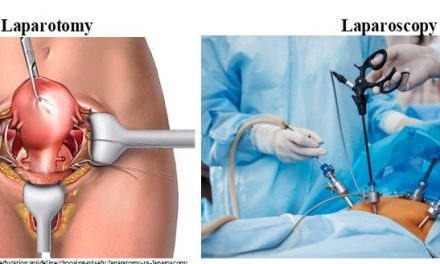
Why TIPEEG makes sense
David Nuyoma, CEO of the Development Bank of Namibia, discusses opportunities for entrepreneurship through public tenders.
Public procurement and the tendering process has jump-started many economies, and the same can be true for TIPEEG if entrepreneurs use the opportunities in a responsible manner.
In the course of 2011, public tenders became a matter of heated discussion in the public domain. These discussions centred on the shortcomings associated with the processes and other aspects related to the provision of services through public tender.
The debate also relates to the expectations of government policy through the Targeted Intervention Programme for Employment and Economic Growth (TIPEEG).
It is my view that it is time to look at this policy pronouncement as an opportunity to develop our country, and to provide much-needed infrastructure especially in poorly developed areas. We should also look at it as an opportunity for participation by those who wish to become entrepreneurs and meaningfully participate in the construction and development of our country.
TIPEEG is an opportunity that we should embrace responsibly and in an accountable manner. Countless countries that have taken advantage of public procurement systems were able to develop domestic industries, to supply goods and services and develop the necessary infrastructure for basic services such as schools, health facilities, roads and other public amenities as a result.
Market access is a key requirement for a successful business. Though it may sound basic, it is something that should not be taken for granted. Quite often, in fact, those in business have found it to be one of the most elusive elements.
The public procurement system provides a ready market, but for the system to work, those who participate in it should recognise that it requires responsibility and accountability.
Obtaining a public tender or contract should not be taken lightly. It should be seen as a privilege, as what is at stake is meeting the demand, and bridging shortfalls and backlogs, in the provision of goods and services, as well as developing infrastructure for society. So the aspects of quality and timely delivery are essential elements of public procurement.
The implication of taking short cuts – on quality and delivery – is delayed progress. This places a burden on society as people end up waiting and paying more for basic services. Imagine the damaging effect shoddy work and resultant delays have on communities in outlying areas in need of a clinic, for example. The same goes for the construction of roads and schools.
Getting a chance to participate in the public procurement process should never be viewed as an opportunity to get rich quickly, but rather as an opportunity to contribute meaningfully to societal development.
Naturally, there is benefit for the entrepreneur. With participation in public tenders, comes the opportunity to build up an asset base which is particularly important for emerging entrepreneurs. It is an opportunity to create wealth in a sustainable and meaningful way.
The profits derived from this opportunity should be applied wisely and reinvested in expansion and should help embed businesses that otherwise would have difficulty finding markets and that may end up having very short life spans.











































